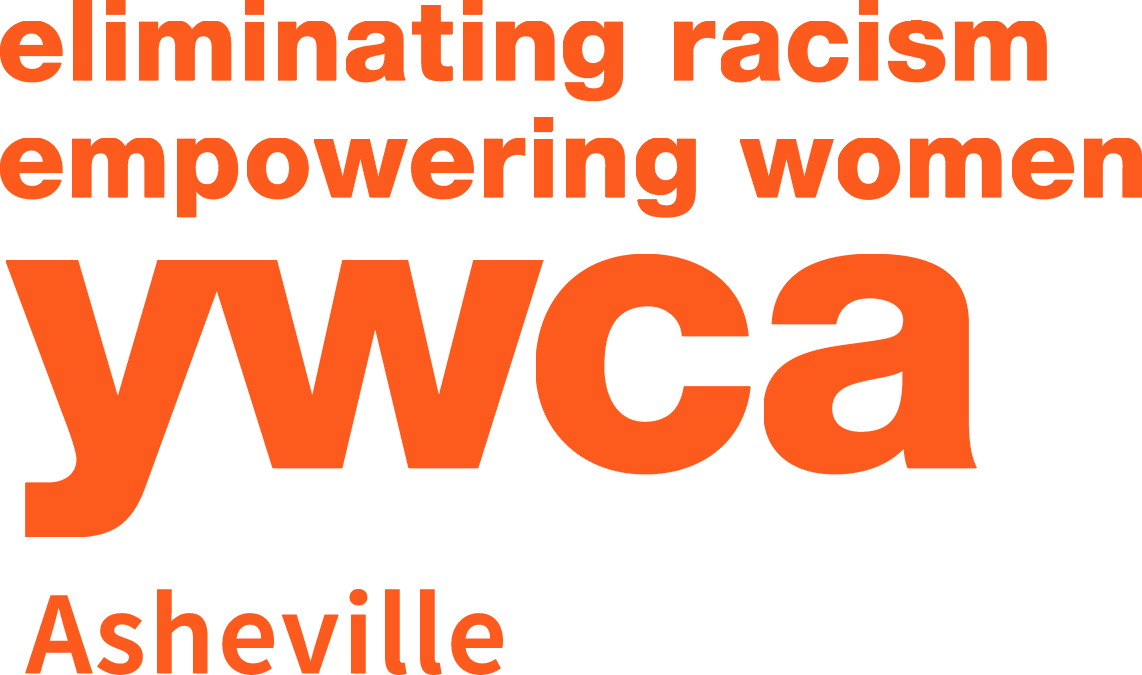Racial Justice Challenge
The YWCA Racial Justice Challenge is designed to create dedicated time and space to build more effective social justice habits, particularly those dealing with issues of race, power, privilege, and leadership. The Challenge works to foster personal reflection, encourage social responsibility, and motivate participants to identify and act on ways to dismantle racism and other forms of discrimination.
For the four weeks of April, daily challenge activities (reading an article, listening to a podcast, reflecting on personal experience, etc.) are posted in the Challenge app and website, allowing participants to connect with one another, discover how racial and social injustice impact our communities, and identify ways to dismantle racism and other forms of discrimination. Each week covers a different topic related to equity and social justice, and please be aware, some of these topics can be difficult to engage. Always be mindful of your own well-being.
Here’s an overview of each week’s topics:
Bodily Autonomy is one of the most fundamental rights we have as human beings. However, across the country, this fundamental right is being challenged. Here are the themes that will be addressed this week:
medical abuse/informed consent
race and anti-fatness
abortion access
hair
trans healthcare
Financial Empowerment: Generations of women were denied control over their financial lives, and it wasn’t until 1974 that women were allowed to have credit cards in their own name. Today, more women are taking control of their finances and making important decisions about budgeting, saving, and investing. Some themes we will explore in week 2 include:
history of vastly different degrees of women’s economic freedom
pay gap and unpaid labor
entrepreneurship
financial abuse
financial literacy
Gun Violence: The United States has the highest number of civilian-owned firearms in the world, making gun violence a major threat to health and safety. Some themes that explore the impact of gun ownership in America on the lives of marginalized people include:
interpretations of the 2nd amendment
suicide
guns and intimate partner violence
the impact of gun violence on communities of color
white supremacy
Transportation: Access to transportation impacts every aspect of our lives, from our ability to get to work, access healthcare, and educate our children. Reimagining the way we think about roads, buses, and sidewalks is essential for addressing historical injustices. Transportation systems can be catalysts for broader societal change by exploring themes like:
history of discrimination in transportation
thinking beyond cars
transportation, gender, and sexuality
racial bias and traffic enforcement
creating equity and breaking down barriers to freedom of movement
Register today for the 2024 Racial Justice Challenge
